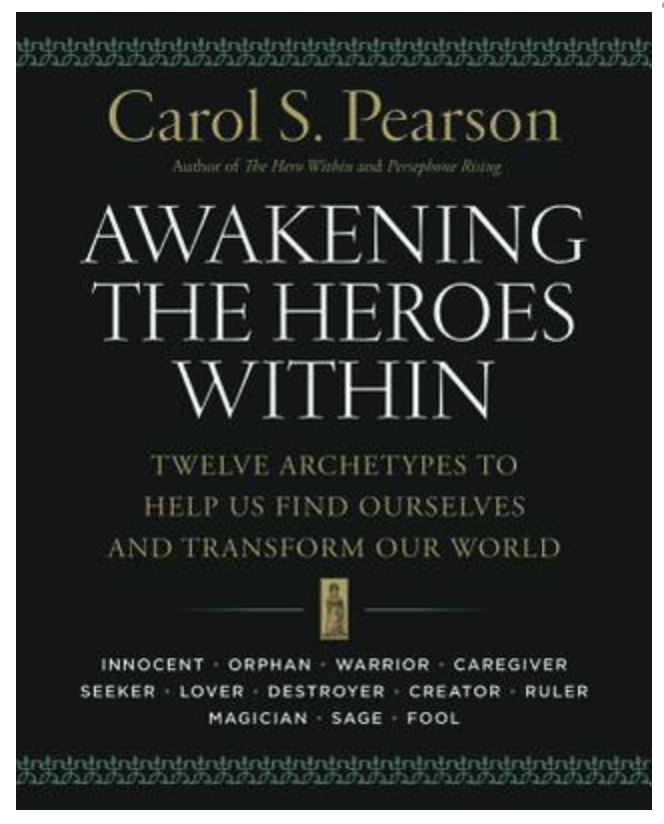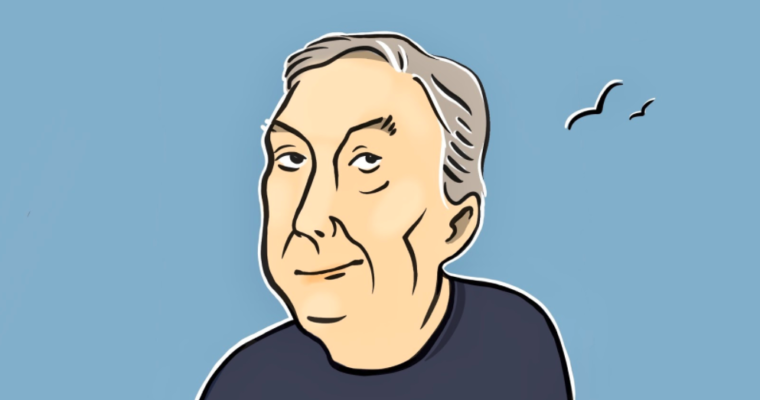Rob Johnson, President of the Institute for New Economic Thinking, is not your average economist. He’s got heart and soul, or if you’ll have it, the blues! With his deep connection to the arts and humanities, Rob leads the new economic thinking not just with a sharp mind, but also with sensibility.
This article is part of an ongoing series in which Rob shares his life experiences, and biggest lessons learned. If you’re an aspiring expert in economics or a related field, this is for you. It might mitigate the depth and duration of your mid-life crisis. Earlier articles in this series can be found here.
8 – On Shedding a Wall Street Ego
When I worked with Soros on the famous British pound evaluation, I lived in Greenwich, Connecticut. This was the time of Newt Gingrich, the Republican Speaker of the House at the time. And because I was a financier, everybody thought I loved Newt Gingrich. But I really didn’t! I kept thinking “these people all act like they know me, but they don’t know me at all.”
That discomfort was amplified by the fact that everyone wanted to do business deals all the time, wherever I’d go. I’d go to my son’s soccer games, and I’d just want to watch the match. But everyone would come up to me trying to talk business. Thankfully my neighbor was Diana Ross, the famous mo-town artist. She had two sons the same age as mine, who played soccer, too. So I’d go talk to her during the matches. Because with her being so famous, people would keep their distance. Next to her, I could hide, and just watch soccer.
But the discomfort lingered. You have to imagine what it was like being in this position. People were always wanting to meet me, to visit my home, to talk. They’d come from New Zealand and Australia and France, you name it. They always wanted to be around me. When I would walk out of the office, our nanny at home knew I was on the way because the minute I would shut down my office phone, everyone would start calling the house. There was all this activity, but it was weirdly lonely. I often went kayaking by myself just so no one could bug me.
Eventually, with the help of a life coach, I ended up deciding that I needed to make the hedge fund era a chapter in my life, not the book. But I knew that breaking out of it would mean a part of me would have to die. Not physically, of course. But I had to shed a personality.
At some point I was ready to do it. I broke away and began building my own sailboat, in a nearby town called Larchmont, NY. That was about a 13 mile bike ride; I called that my methadone clinic. By going up and down to Larchmont and working on the boat, I was getting rid of the addiction to Wall Street and was reconnecting with wanting to be a naval architect; reconnecting with old interests, old friends, and old passions.
I also volunteered in a nursing home, anonymously. I went in every day, and wiped people’s bottoms and set up beds and scooped ice cream and wore a green suit. Nobody including the directors had any idea who I was. There’s two things I got from the experience. One is that I saw people dying. While at the same time I was processing the death of a personality. So I had some really beautiful conversations taking care of these folks. The second thing is that instead of all this false adulation, I could go in there and if I fucked up something, these seniors would yell at me. “I don’t want vanilla ice cream, I want lemon sherbet!” And you try to serve them, comfort them, get them into a wheelchair, and there was one night we did a concert there. It helped me process the transition, and be reborn as something more authentic. Such change is not easy. But if you maintain faith in your ability to regenerate yourself, you can do it. And you can have a very satisfying life.
It may also have helped that during my youth in Detroit, I had some exposure to 1960s alternative culture hippies, along with Indian philosophy, meditation, Taoism, etc. Detroit was very tuned in to that, and the turmoil I saw there made me, too, search for a better philosophy. The stuff I looked for then, from the East, was about breaking with your ego; about breaking your clinging to things. That also means breaking with the sources of comfort that you seek when you’re afraid and anxious. You have to feel the fear and do it anyway. You have to realize that what you let yourself perceive, and what you do about it, are different things. You’re in control.
All that led me to a whole new chapter. I got back in touch with my interest in music. And I came to set up a record label…”

Read along with the story!
Carol Pearson
Awakening the Heroes Within

Read along with the story!
Pema Chödrön
When Things Fall Apart
Earlier articles in this series can be found here.
Subscribe to receive the next article directly to your inbox! And in the meantime, take a look at Rob’s podcast Economics and Beyond, available wherever you get your podcasts.
